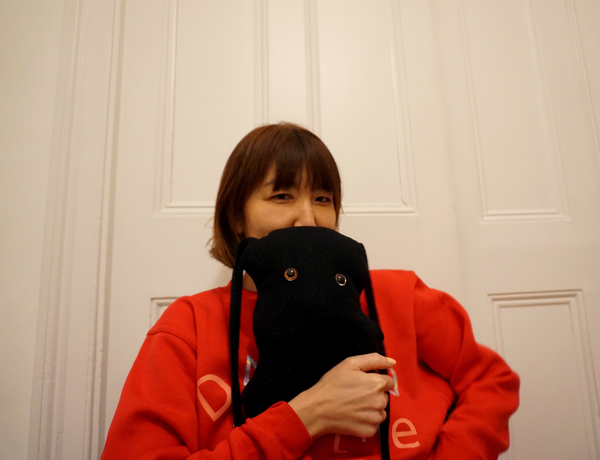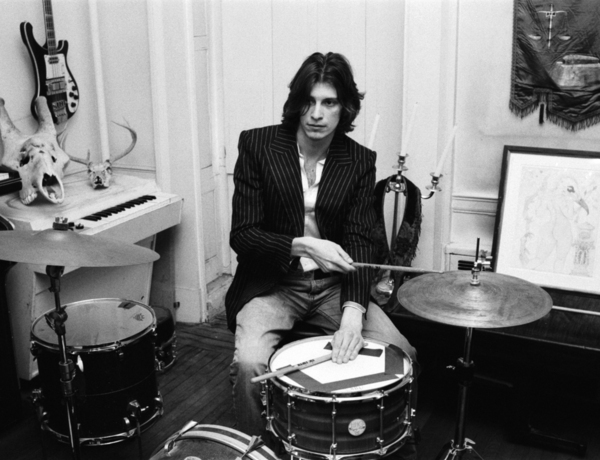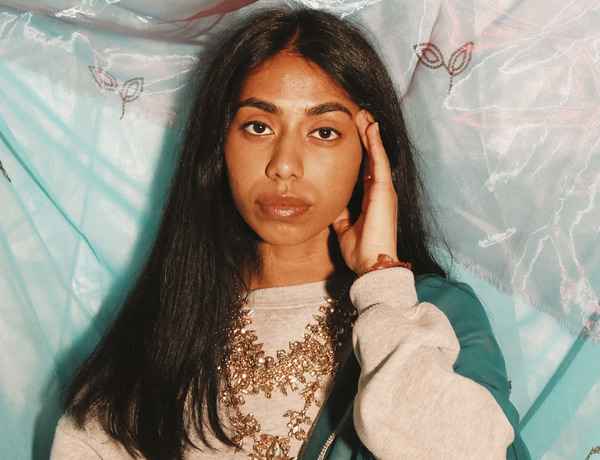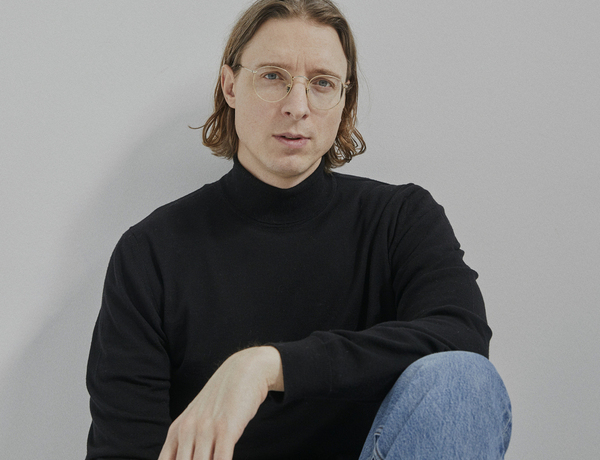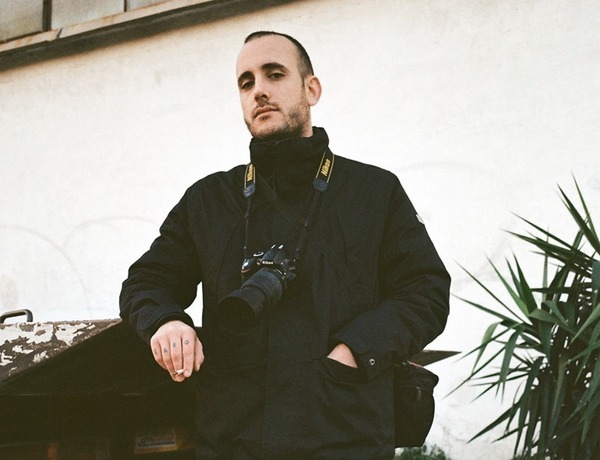Interview with Jody Hudson-Powell
Could you tell us a bit about yourself?
I currently spend days working alongside my brother Luke as Partners at our company Pentagram in London, and I complement client work with lots of small ephemeral projects exploring technology and storytelling in different ways.
What initially inspired you to pursue a career in graphic design?
There are a few ways to answer this…
I grew up with an artist mum, photographer dad and super creative older brother Luke, so being a creative grownup wasn't expected but was always a plausible way to go.
Graphic Design is a neat catch-all for a broader set of skills and interests. Growing up through the explosion of technology in the 80s and '90s informed me as much as music or anything else. As kids, we had a really DIY approach to things; making games and fixing hardware.
Playing with things like gaming engines and hardware still finds its way into our practice, which helps me feel engaged with the work we do.
I'm also Dyslexic, so despite going on to study an MSc in Virtual Environments, at the time other academic paths weren't so open to me. At school, I got grades in Art and Design Technology, so Graphic Design played into what I was enjoying and was a good job to earn a living whilst also being broad enough to allow me to explore what really interests me.
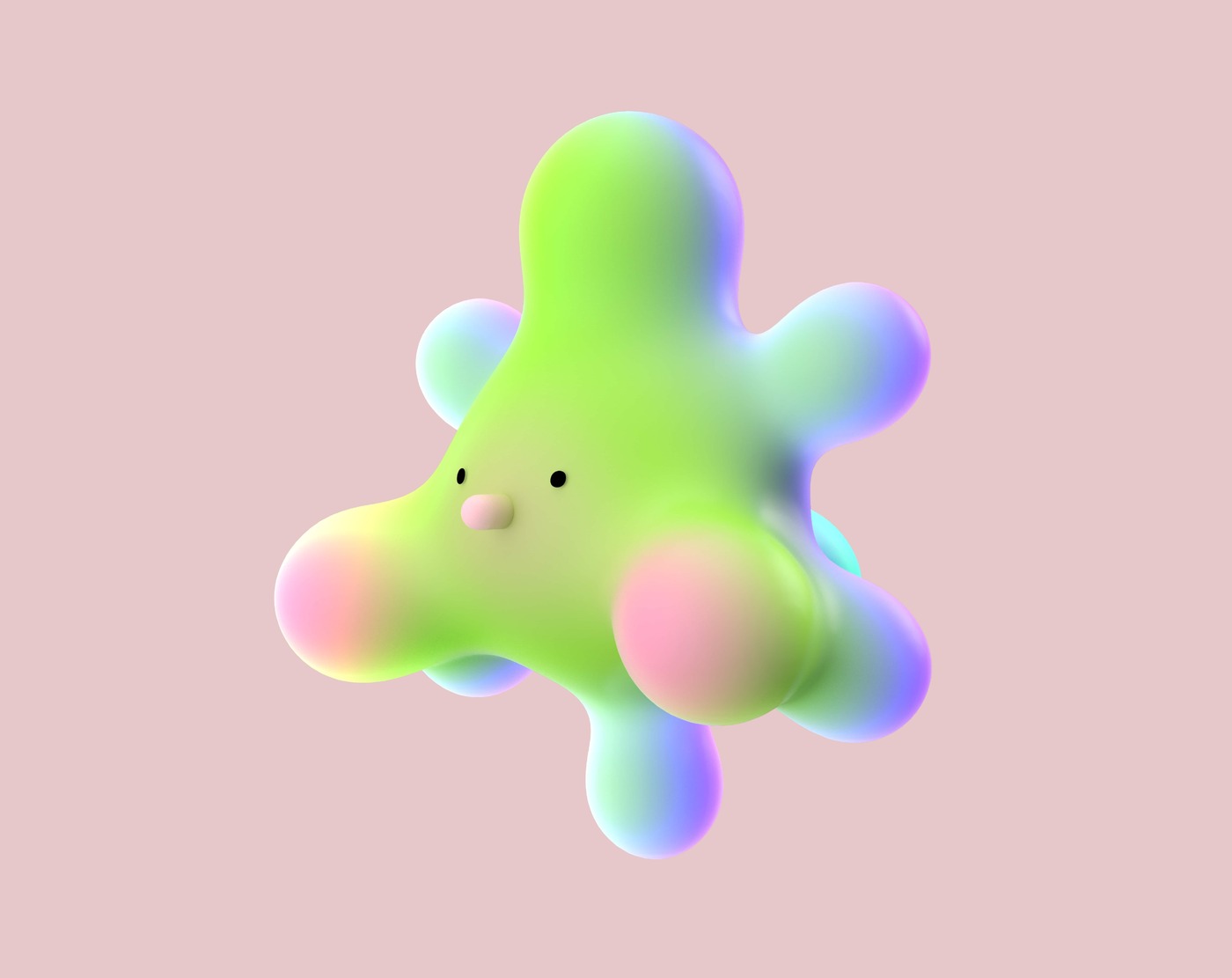
How would you describe your creative process?
I/we don't follow a routine process, largely due to the changing nature of what we do. However, process is fundamental to the way we work. We like to develop and work through things, drawing threads through ideas. Things start through discussion, research and sketching, and then projects tend to take on a life of their own.
We value experimentation and doing self-initiated work as a way of testing and proving out ideas. Later we're able to incorporate this thinking into client projects, or we'd find experiments would invite new projects in. Luke and I ran our own design practice Hudson-Powell for 10 years, and this slightly DIY approach worked well.
Also, we're anti-moodboard. Decontextualised work is often so far removed from its reason for being that it distracts from new ideas, and at worst it inspires sameness. I appreciate people often say nothing is truly new, but we try at least.
How much does your city and surroundings affect your creative output?
The city phases in and out. I've lived in London so long I think much of the time I don't see it. Weather or events(good/bad) quickly bring it back into focus, and the absence(ish) of city, like parks and open spaces like the Thames get my mind going. I draw a lot from even tiny moments of nature coming through.
Our bodies go through cycles of expansion and compression living in cities, I think it's in a moment of transition that I'm most open to ideas.
What do you struggle with the most in terms of working and living in a city like London?
The struggle is finding a balance between flowing with it and slowing to build.
Currently, the feeling that life is better beyond the city keeps hassling me… I spend way too much time imagining what I'd do with a small plot of land.
It feels easy to sleepwalk in big cities, even with one eye open amazing things can happen, but I have a small boy now and I want to make sure my movements are really intentional. Being able to control my environment/world feels like an obvious reaction to the multidimensional energy of a large city.
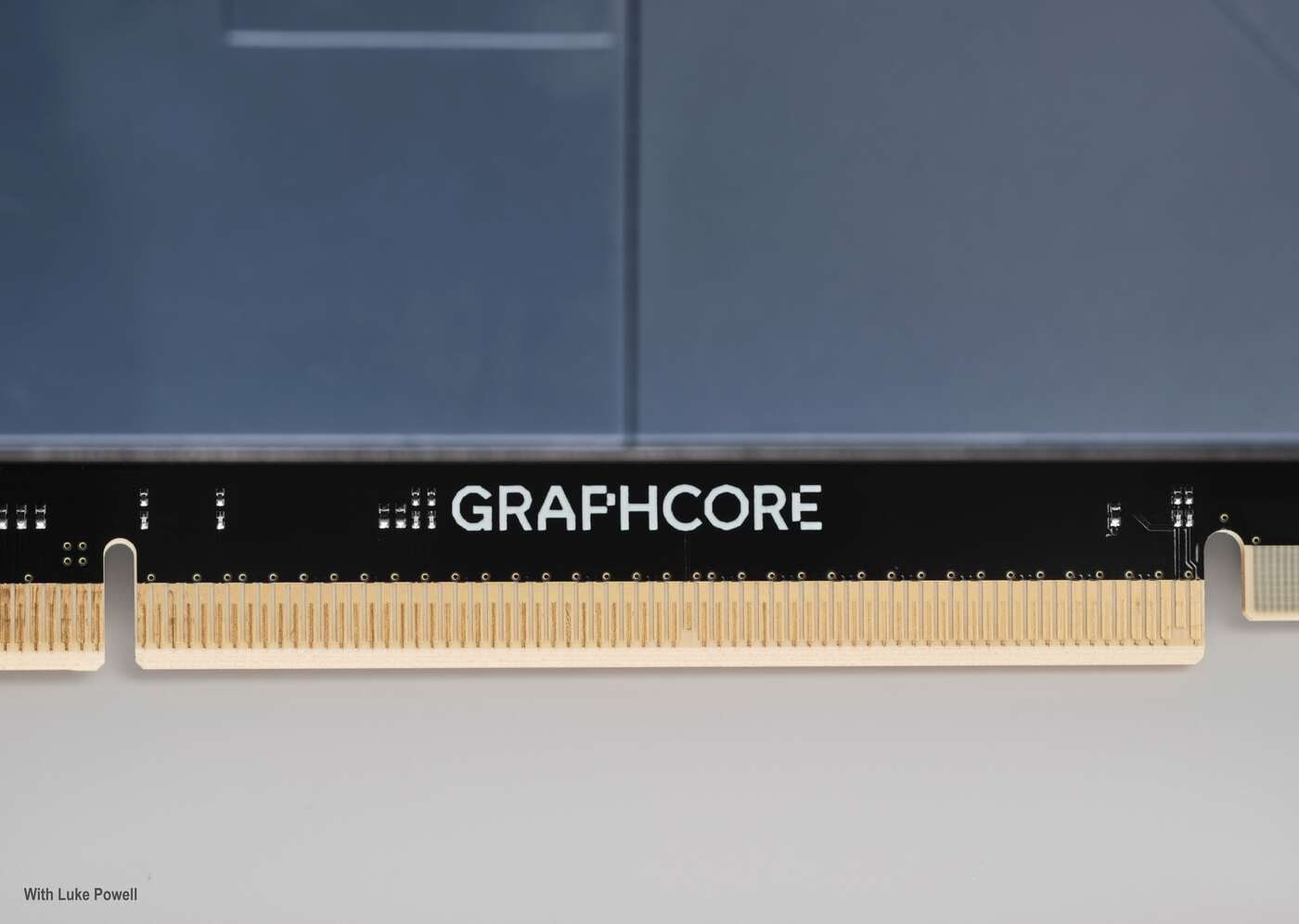
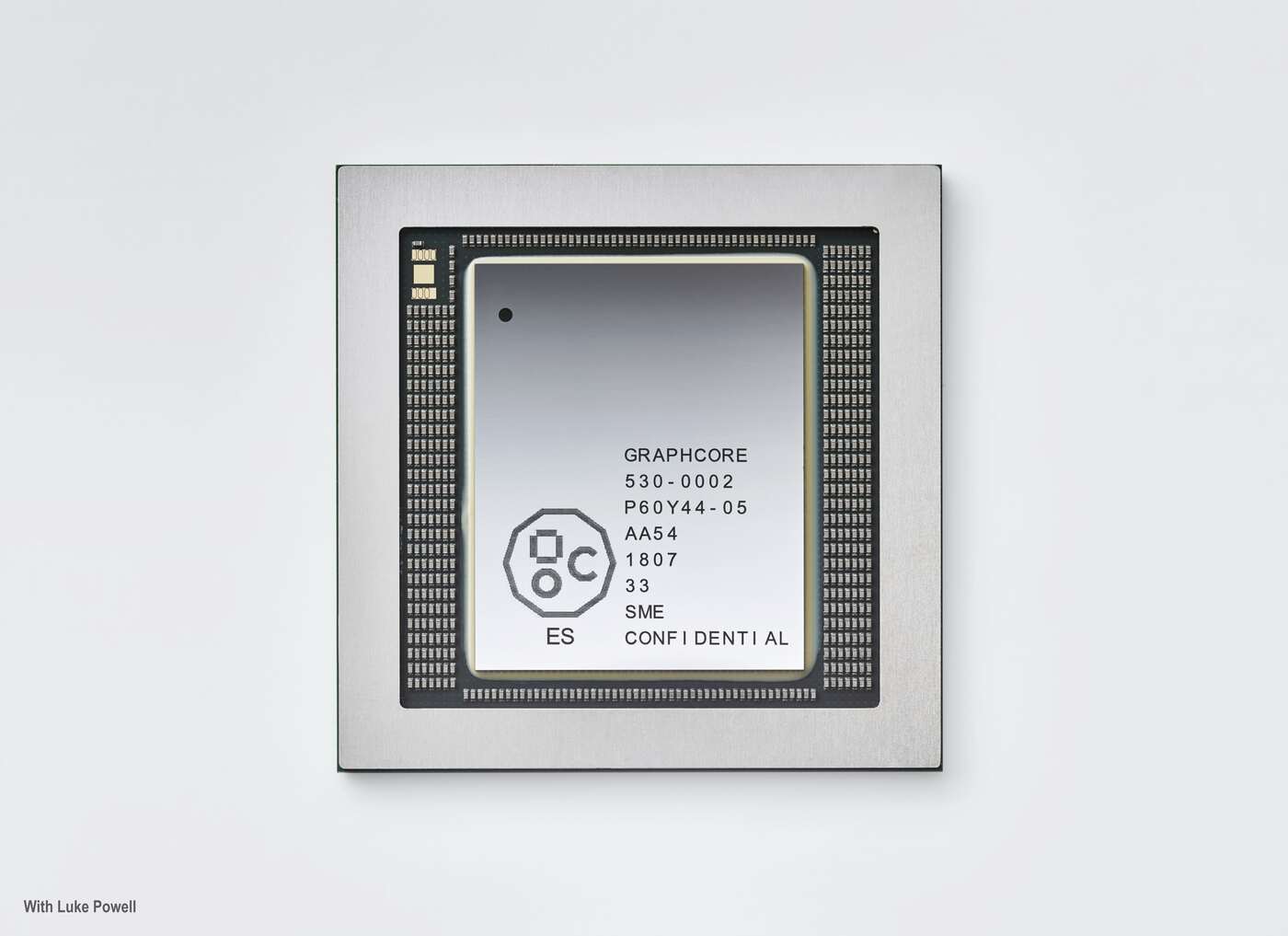
The responsibility of the council in every city is to provide a solid foundation of design, art and cultural facilities, is that evident in London?
London like any capital city has a lot on show but the government is gutting the arts from education within the UK and underfunding wherever it can. Compounded by the idiocy of Brexit and with no intervention, the UK feels like it's headed for a creative winter.
Do you think it is also the responsibility of the artist/creative to improve the quality of people's lives in their city?
We're emotional beings and the stories we tell ourselves and each other are important to us.
As government amalgamates with big business and efficiency becomes a purpose in itself, the centre of gravity in what society values feels like it shifts.
I wouldn't say it's the responsibility of a creative, but I think it's important we make space for people to question the everyday and connect with big ideas and feelings. The pace of life can make us mechanical, and that's a problem when we're pitching ourselves against technology, it's a losing battle.
Can you tell us about any current or future projects that you are particularly excited about?
We're normally working on a ton of projects once which can be fun but tiring, but currently we're focused on two big projects so there's lots of time to go deep and really focus on the craft of the work. One’s a really great AI company in the language space, and the other a national cultural institution so it's a nice mix.
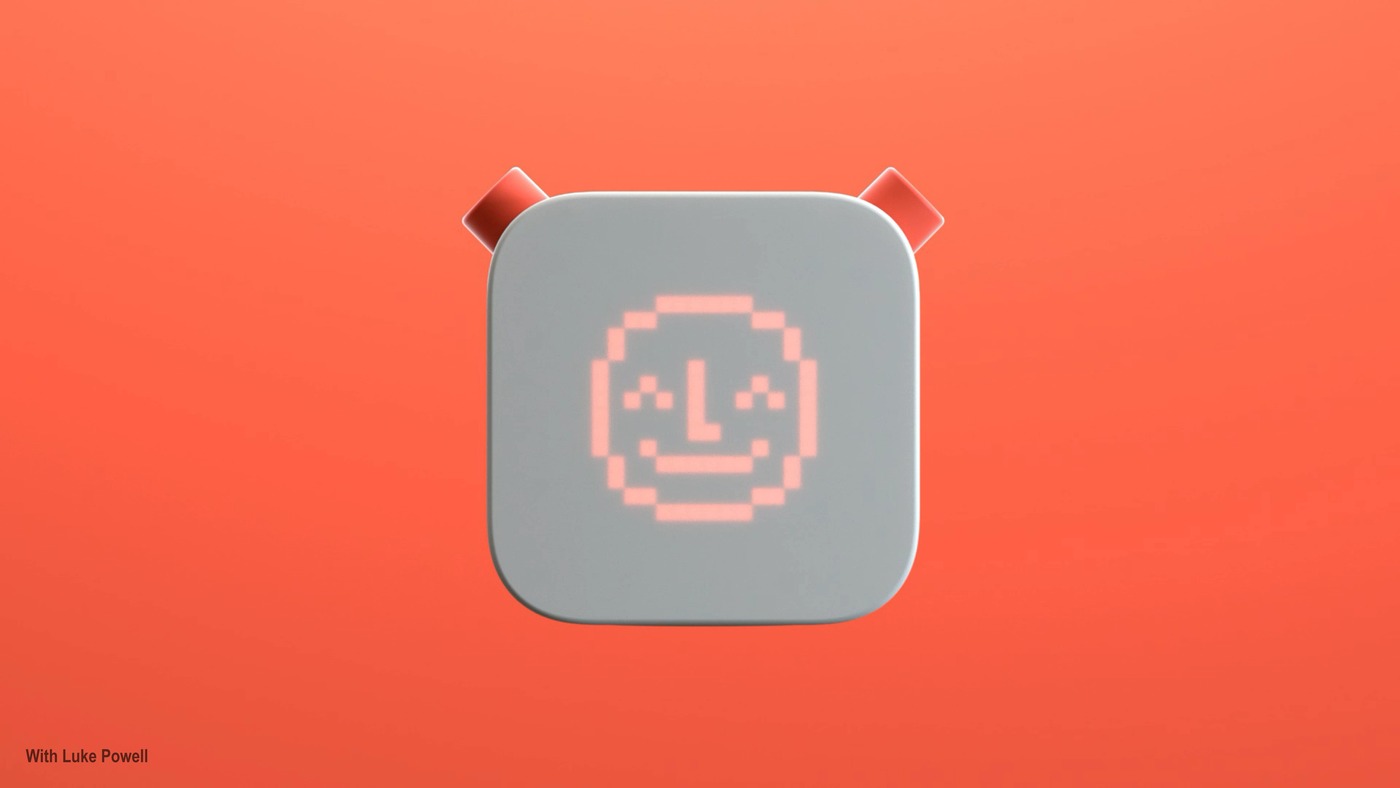
If you could add or change something about London, what would that be?
In the UK there's a move to impart responsibility away from government to private companies for tech infrastructure. UK x Google makes a ton of sense, they have scale, funds and are hungry for data, and government is horrible at doing anything digital on time, well, or on budget. But I'm not sure a society and corporation want the same thing. I'd be interested to see how we might make more of cities and access community through digital services that are more humane and less efficient.
If you could choose any artist/creative to collaborate with, who would that be and why?
I'm really into gaming as a medium, though I rarely find time to play. I'd love to do something with Hideo Kojima some day, lots of the work we do solves problems intellectually and doesn't leave much space for interpretation. But my personal work is way looser and emotionally driven. 'Death Stranding' Kojima's game manages to create something overtly emotive and purposeful but super blurry and at times incomprehensible. I think vagueness and miss interpretation can be compelling storytelling tools.
I really enjoy being in unknown states like that, settling into things not needing to make sense.
What do you do to switch off?
I don't have much downtime but I try to meditate for 5-10mins a day, and with the spaces between things I do mini projects or sketches. They are usually small ideas that I can complete in moments of time so they don't get in the way of everything else. Recently while commuting to the studio I learnt how to 3D sculpt and made a small series of fictional Neolithic stones. Getting things out of my head is therapeutic and switching off tends to mean finding an outlet for pent-up ideas.
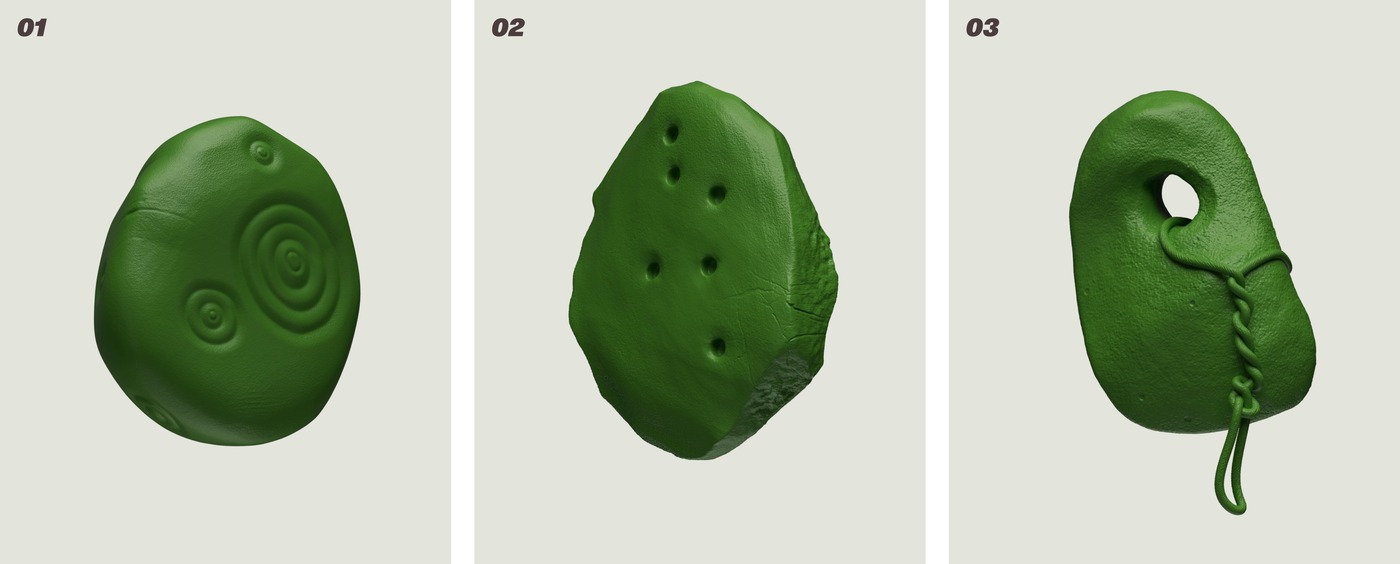

What Does Home Mean to You?
Home is wherever my son and partner are.
Describe the perfect day for you in London.
Currently, it's Udon at Koya, and then we hit the park.
Sometimes people relate a specific smell to the city they live in or the place they grew up, does London evoke a personal smell to you?
Some smells strangely manifest as something more like shapes and feelings that hit from my past, but I can never put my finger on what they are or what the smell is.
If you weren't living in London and could choose any city to live in where would that be, and why?
I grew up in Somerset so think a lot about the West Country, Bath, Bristol. But I'm really happy in London as a base. My partner is Korean so it would be nice to have a base in South Korea too. I think living between places would be ideal, but maybe we need fusion-powered space elevators for that to be a responsible way to live.
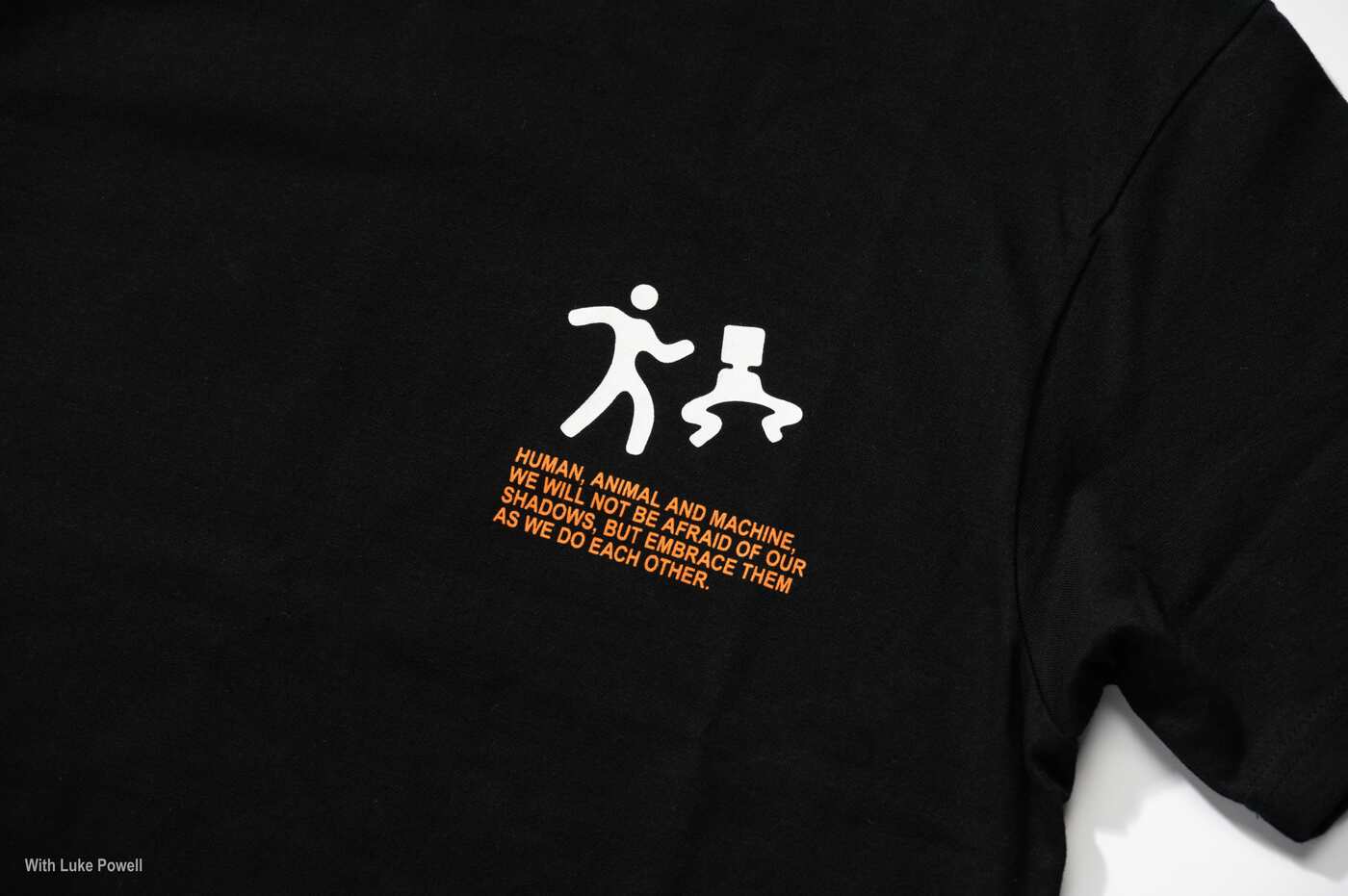
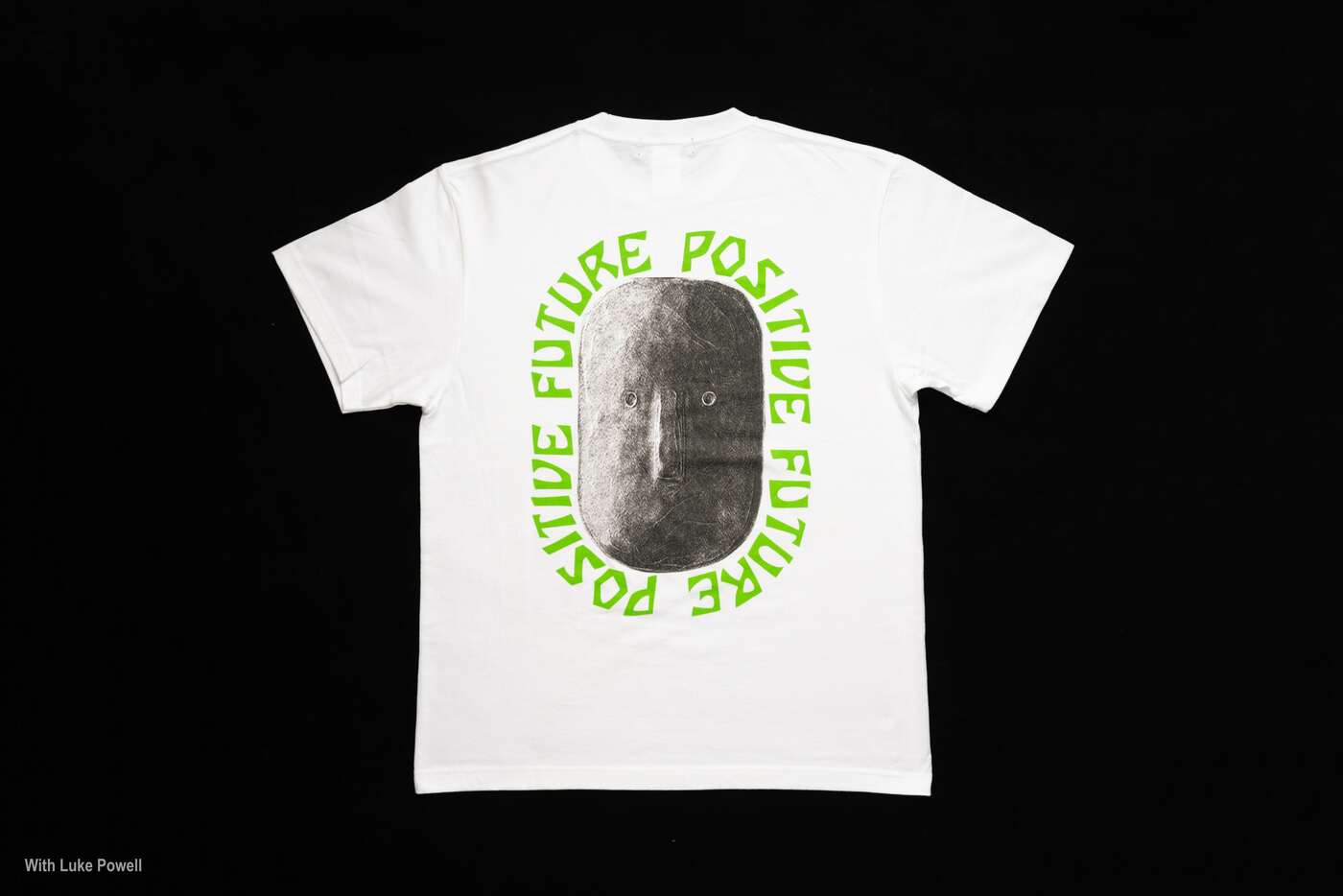
london by Jody Hudson-Powell
A selection of places in London - recommended by graphic designer Jody Hudson-Powell. See Jody's citylikeyou profile page here
More Interviews
